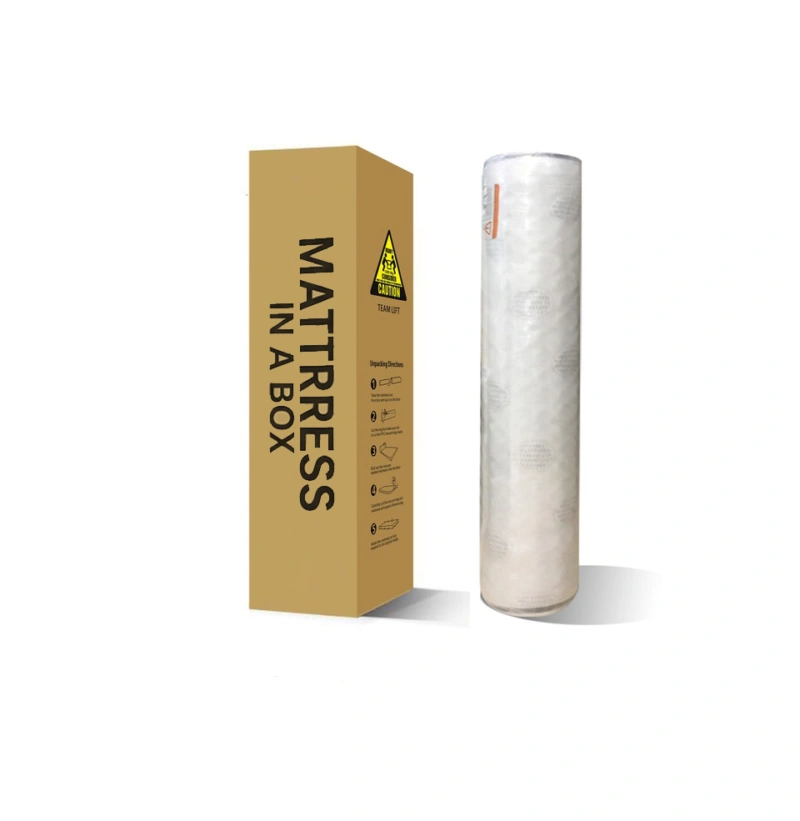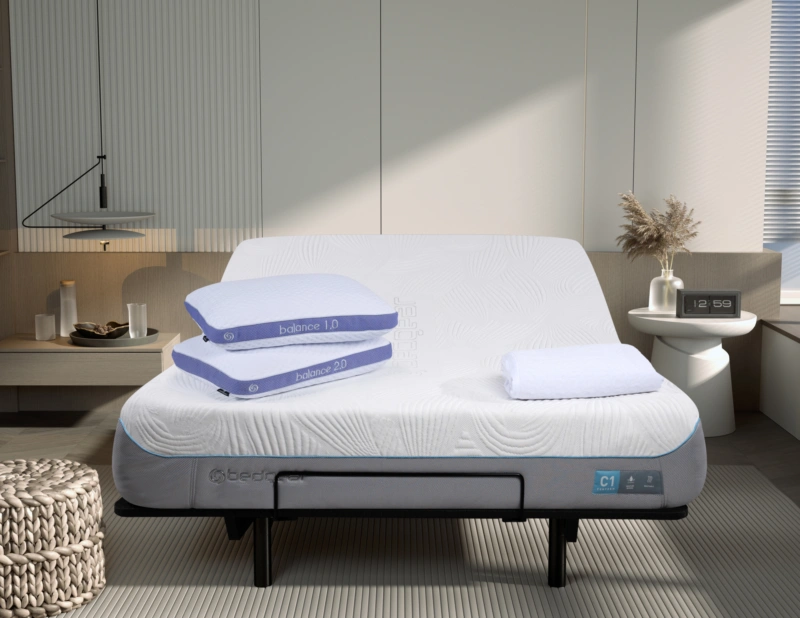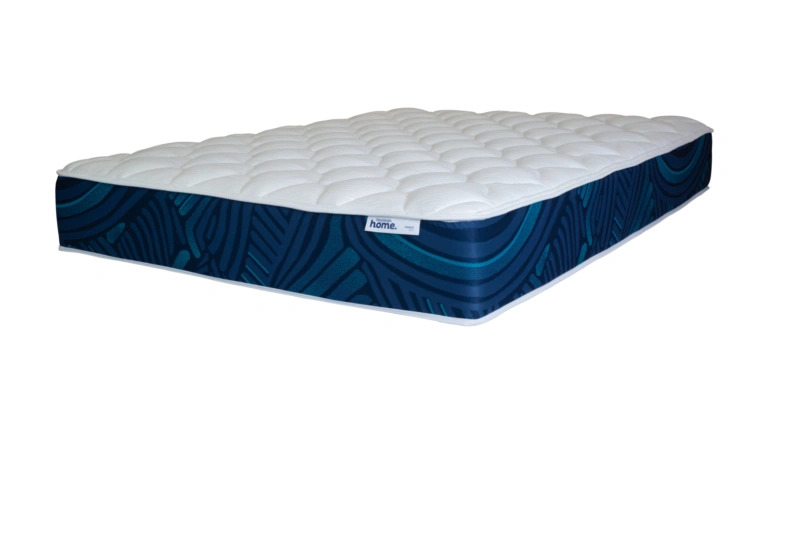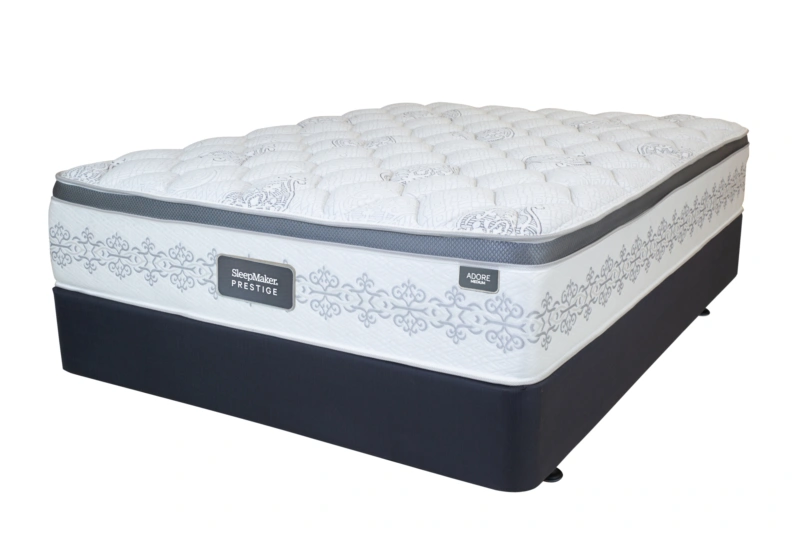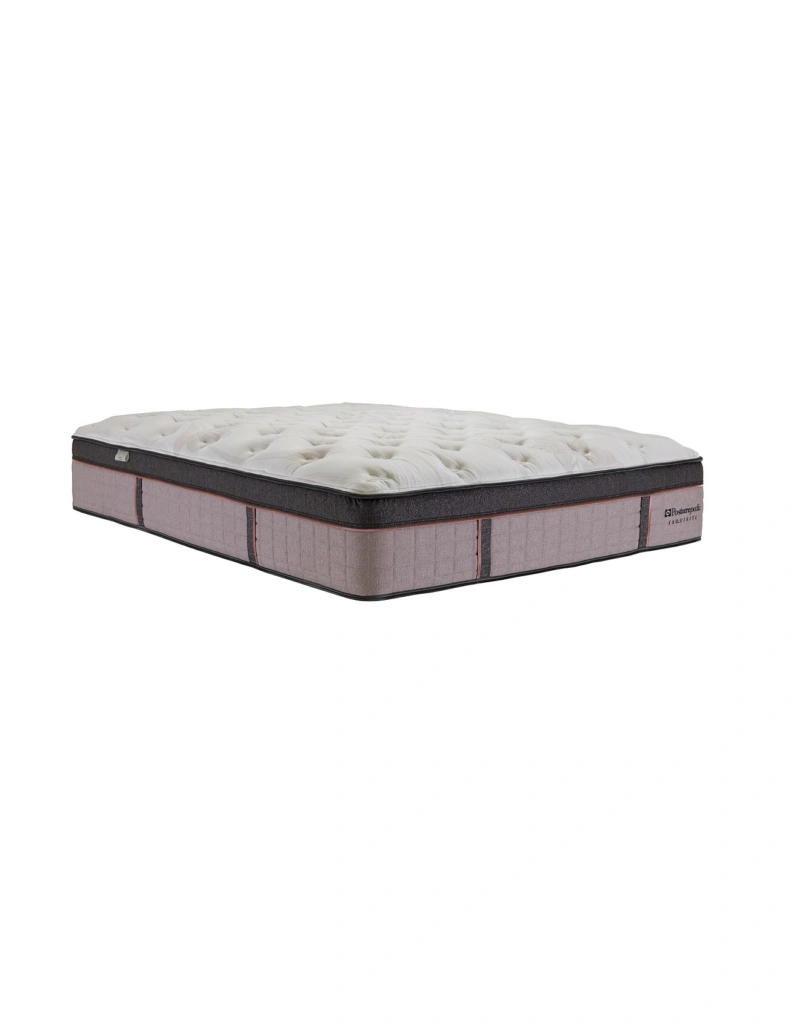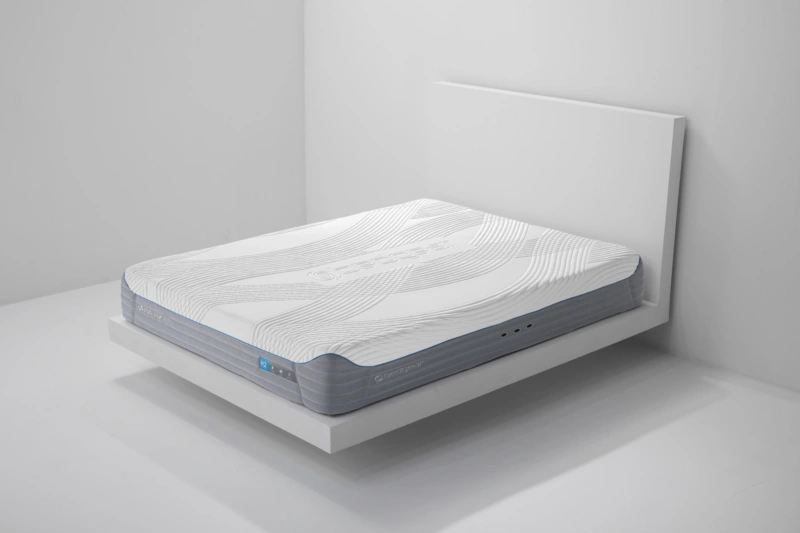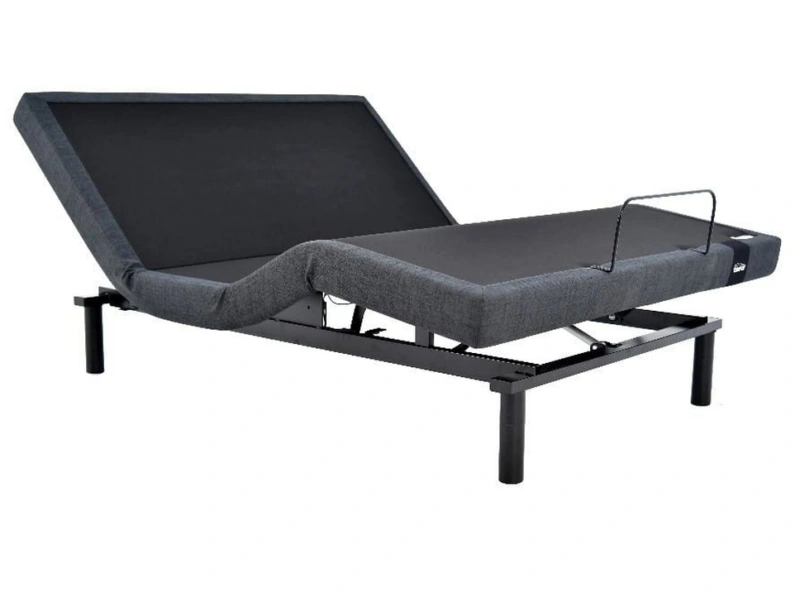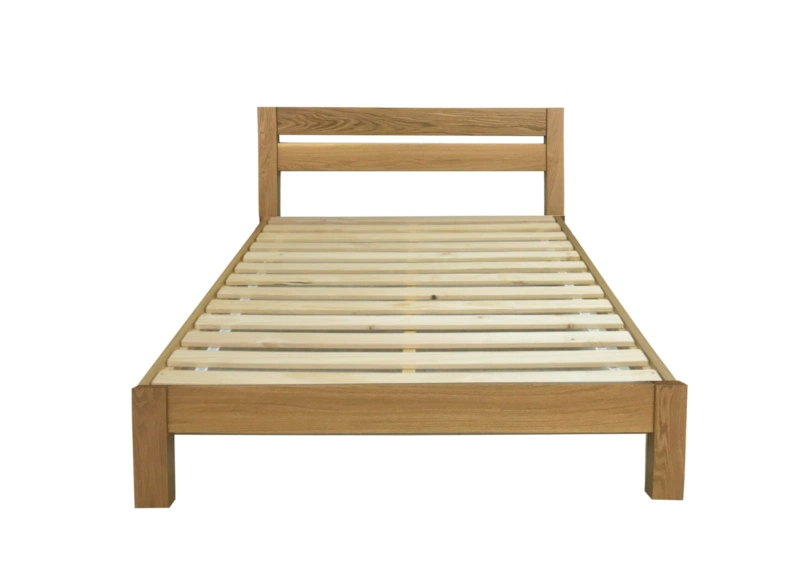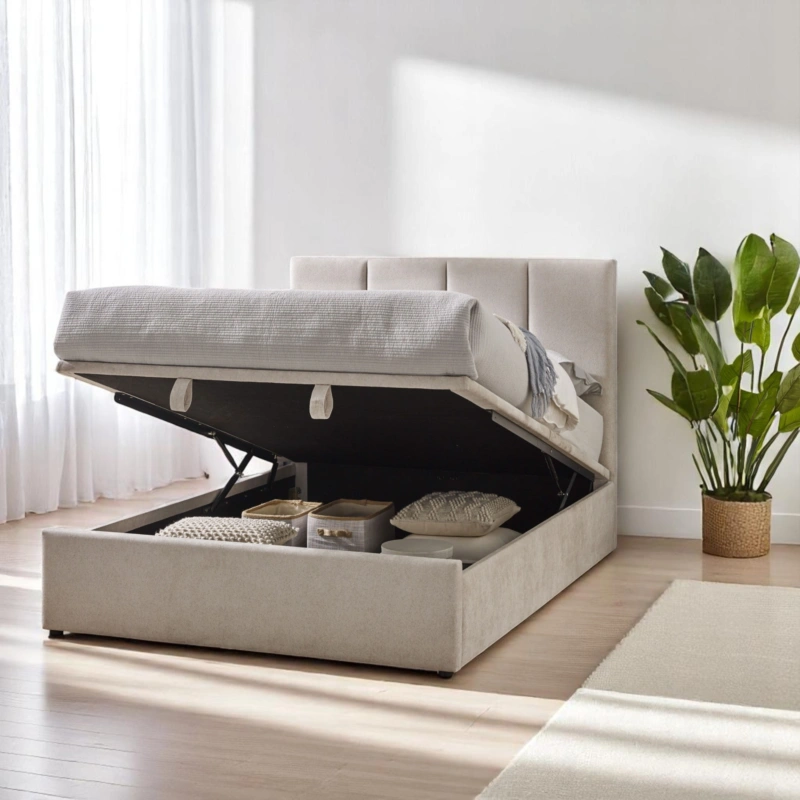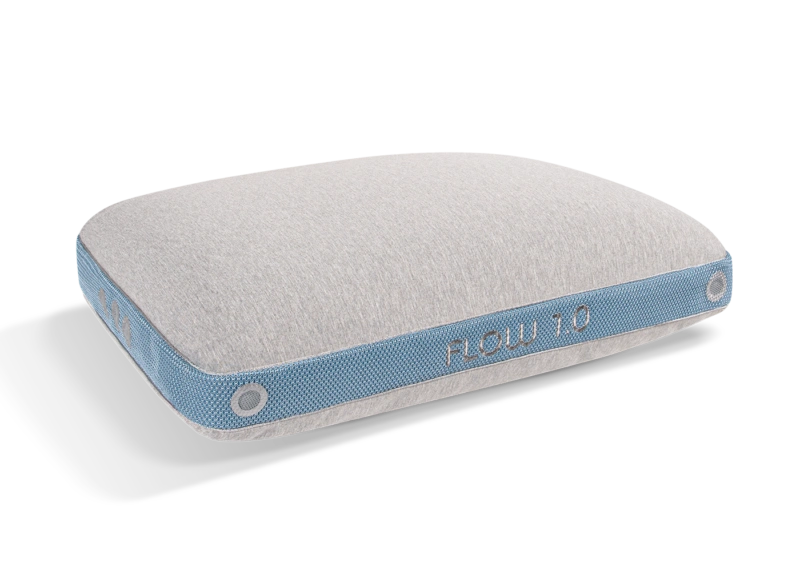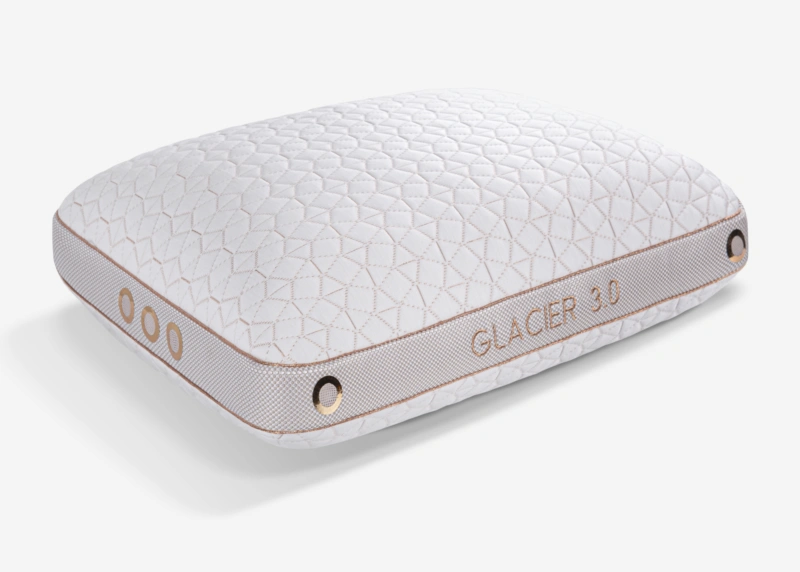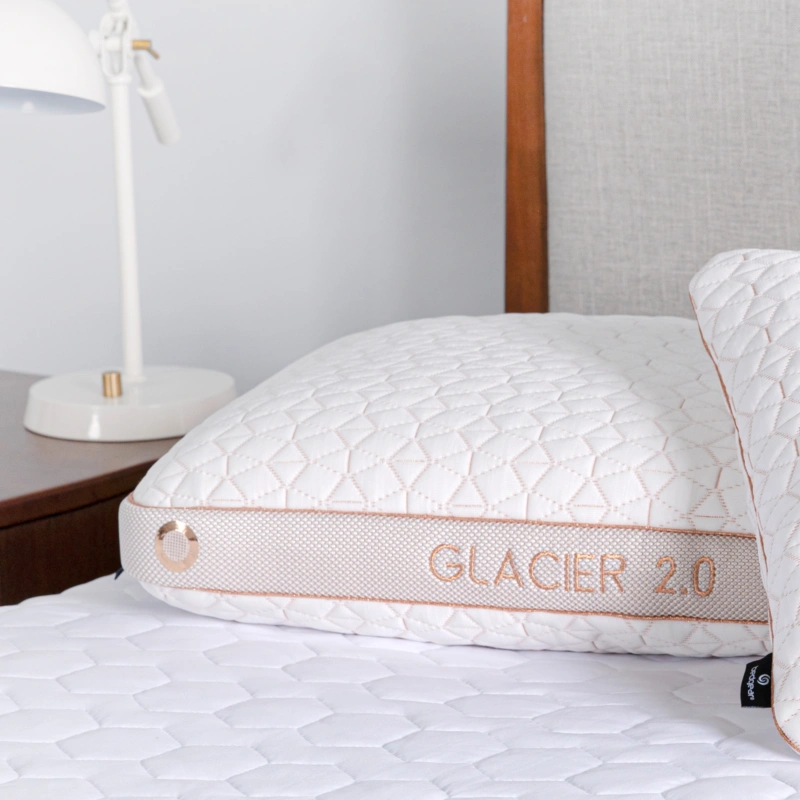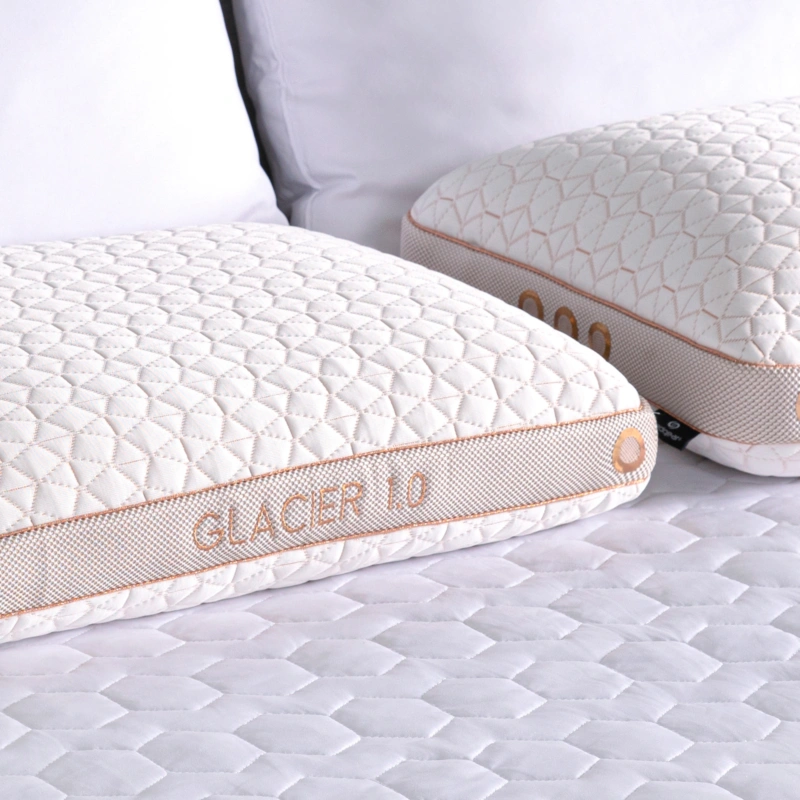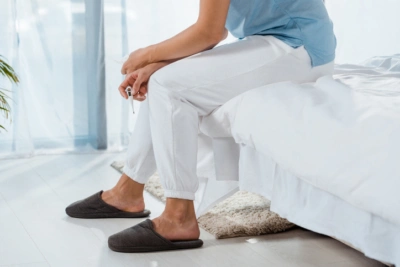
We understand that everyone’s situation is different.
- Research to save time.
The person needing the bed often has relatives helping them discover what’s out there. Frequently, there may be mobility issues, so you don’t want to parade around 20-bed shops looking for something suitable. Getting the right advice is essential because it will save you a lot of time – you can either phone a Bedpost store or head into a store to narrow down the options. That means that when the elderly relative reaches the store, we can show them two or three things. - Check out the height.
Often, older people find their mobility decreases a little, so you have to make sure that the height of the bed is right for them. We can alter lots of things depending on the base and the type of legs, but the bed and mattress mustn’t be too low because it’s got to be easy to get on and off. - Make sure the edges are firm.
We find many older people have balance problems, so you’ve got to make sure they can sit comfortably on the edge of the bed while they’re getting in or out or putting their slippers on. They have to be able to do all these things and lift themselves off again. Many budget beds don’t have edge support – it’s one place they economise on – and you realise it immediately if you have a bed that sinks on the sides. It would be best to have something that supports their weight on the edge so they feel supported. - It’s still important to “test-drive” your bed.
Age doesn’t change the fact that a bed must suit each person. You still need to go into a Bedpost store and ask one of our experts to fit you into a suitable bed. They’ll consider things like pressure points and whether you like it soft or firm, and you’ll be able to test a few options. Check out our online guide on making the most of “test-driving” your new bed. We understand that making a good decision can take time and every case is unique, so we listen to what you want and all your specific points before offering our advice. - Size always matters
We sometimes hear from relatives that “Mum’s on her own so she’ll only need a single” or older people might think they can save money by buying only one side of a bed. But we strongly suggest that they go for king singles or doubles. If someone’s moving from the marital queen bed, the trouble with going down to a single is that they fall out of them. In single beds, you have to rotate on the spot, and if you’re used to sleeping in a queen or larger bed, suddenly going into something very narrow can be a hazard. If you have room, go to at least a king single because then, you can turn over without feeling like you’re going to fall out. Elderly parents who find themselves alone sometimes get cold in a queen-sized bed, and a king-single bed can be more accessible. - Be practical.
Some people get less sleep as they age, and electric adjustable beds can provide comfort while reading or listening to the radio. Equally, when looking at the different types of beds and how things like the frames are designed, you’ve got to be careful about sharp edges and footings on beds that people can walk into. The skin becomes more fragile as we age, so it pays to consider even the most minor things.If you are moving into a rest home or changing your bedroom, ensure you correctly measure what size bed will fit. Some rest homes don’t have particularly big rooms, and it may not always be easy to move beds in and out of rooms. - Look for the value of having a comfortable bed.
Sometimes, a major hurdle to overcome is for people to see the importance of having a great bed later in life and spending money on something that really suits them. A comfortable night’s sleep can make a difference at all life stages—especially as we grow older. Things like an adjustable bed are more expensive, but they can add to the quality of life. And because we’re living longer and longer, there’s nothing wrong with investing in our future health. - Go to an expert who understands what you want.
We understand that everyone’s situation is different. For example, often, if people are going into a rest home, it has to be done relatively quickly because assessments are made, and then something comes up, and they’re suddenly into it. In these cases, people often come in and want it sorted—we always have someone who has the knowledge at their fingertips to help you get the perfect bed and mattress for your situation.
For more information on how Bedpost can help you find a suitable bed for you or a relative, call us on 0800 233 767 or visit a store.

